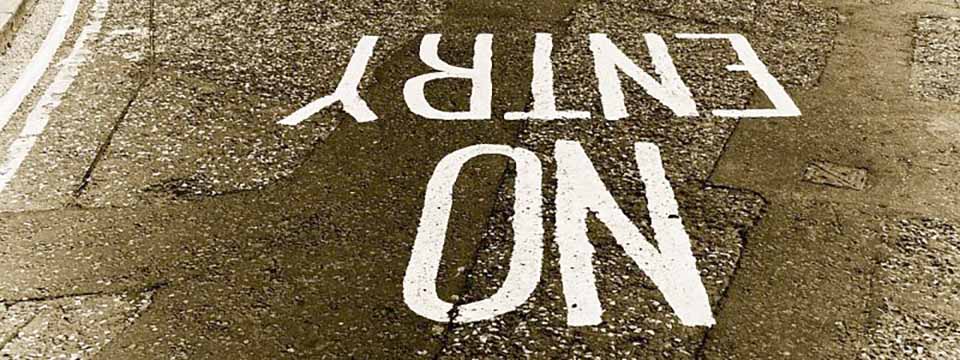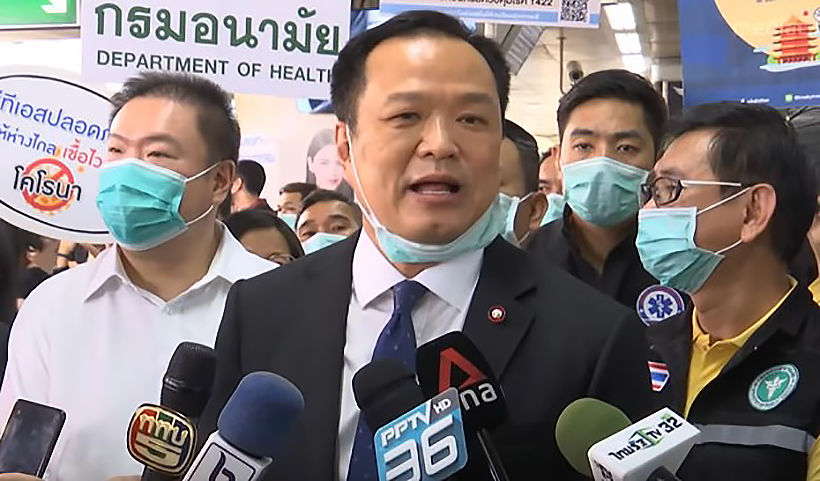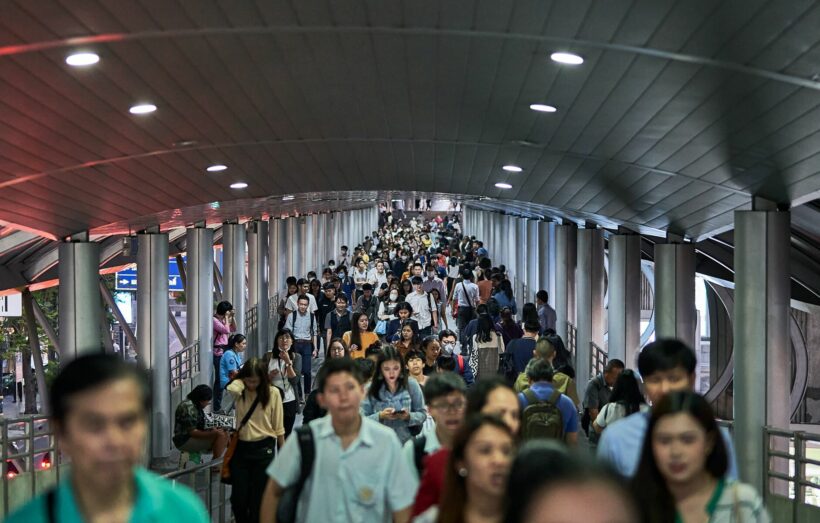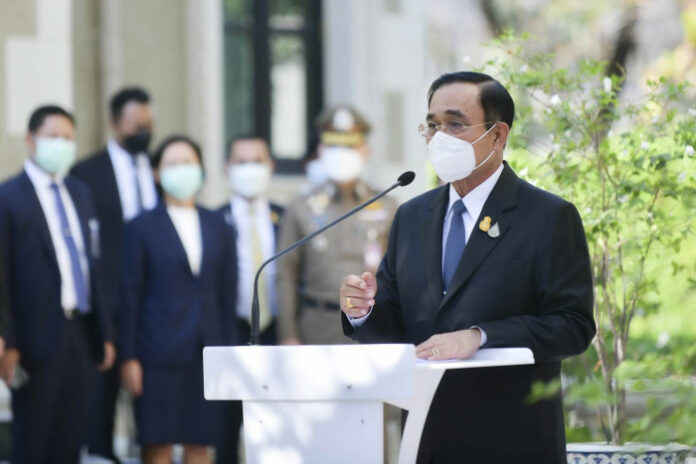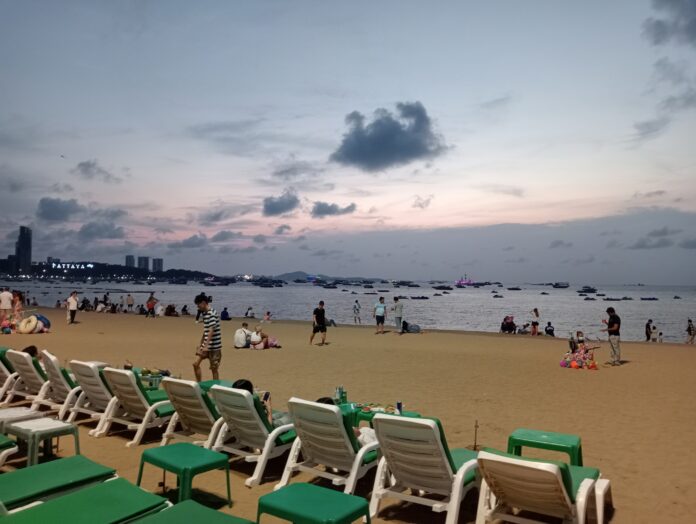
We are now apparently entering the "post-pandemic era" according to the authorities, which in everyday language means it is not obligatory to wear masks anymore. However, just about everyone is still wearing them so it seems the public are not entirely convinced it's all done and dusted.
While it is a bit premature to be dancing in the streets, it is perhaps an appropriate time to reflect on what has been a rather grim 27 months or so.
Like most people, when we first started taking precautions against Covid in March 2020, we had no idea that it would still be affecting us for the next couple of years. In those early days I was with friends at a restaurant in Bangkok where the customary handshakes were for the first time replaced by a variety of awkward fist bumps, elbow bumps, foot-shakes and any other unorthodox way of saying "hello". It felt like The Last Supper.
Not shaking hands with your closest friends was initially the most obvious example of how the Covid crisis affected everyday life. Even Britain's Queen Elizabeth let it be known that she would not be shaking hands with anyone "for the foreseeable future". Of course in Thailand the graceful wai turned out to be a very safe greeting.
I tried to avoid writing about Covid in PostScript because it was so depressing, but it was impossible to escape the topic. Every other news story seemed to be about the pandemic. The saturation coverage on the international TV channels was enough to make you ill even if you had been feeling perfectly fine.
Occasional forays out of the house in Bangkok at that time with hardly anyone on the streets apart from a few stray dogs felt like you were in one of those dreadful B-grade dystopian films in which you end up being pursued by zombies.
It was no coincidence that in those first few months the words most frequently appearing in the Bangkok Post were "postponed" and "cancelled".
Badgers and kangaroos
We found ourselves having to tackle a whole new vocabulary, most of which was enough to make even the most optimistic person depressed. It began with "self-isolation", a horrible expression inferring you have become a hermit or recluse, hidden away and incommunicado, which in fact was not far off the mark.
When the wife was out of the house I resorted to conversations with the dog. Mind you, he's a good listener and never contradicted me … well, not a lot.
Then we had "social distancing" or the "length of three badgers" as it was neatly interpreted in Wisconsin. In Australia it was naturally "one kangaroo length" while in Thailand we had "the length of a tuk-tuk". Another expression we were greeted with was "herd immunity" which I never really understood.
Checkout chat
Around the globe the much feared "lockdown" surfaced, after which there was an avalanche of confusing words like "contract tracing" and "asymptomatic". Then there was the rather creepy "patient zero" and even "super-spreader". The previously innocent-sounding "droplets" soon adopted a much more sinister meaning.
I tried to do my bit by attempting "self-isolation", which alarmingly was not that much different to what I was doing before the virus crisis. To stop myself going totally bananas, sporadic visits to the local supermarket became a necessity for a considerable time and were the highlight of the week. My social life came down to banter with the check-out girls who were always admirably cheerful.
Cover up
Despite diligently wearing a face mask whenever out of the house, I confess to not liking the experience, finding masks quite stifling. Admittedly that's a small sacrifice if it was to keep me and others healthy. I certainly wouldn't make a good masked bandit. Perhaps it's the long farang nose that's the problem.
The mask certainly did not help any linguistic shortcomings. My enunciation when grappling with the Thai language is bad enough in normal circumstances, but while wearing a mask anything I say is simply unintelligible and invariably met by a blank look.




